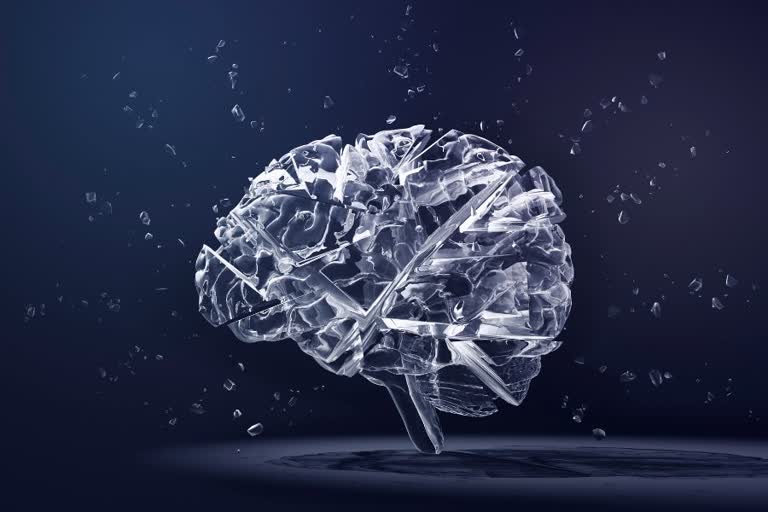A global study co-led by NUI Galway, published in the European Heart Journal found that one in 20 patients of stroke had engaged in heavy physical exertion. The suspected triggers have been identified as part of the global INTERSTROKE study -- the largest research project of its kind, which analyzed 13,462 cases of acute stroke, involving patients with a range of ethnic backgrounds in 32 countries, including Ireland. Stroke is a leading global cause of death or disability.
Professor Andrew Smyth, Professor of Clinical Epidemiology at NUI Galway, Director of the HRB-Clinical Research Facility Galway and a Consultant Nephrologist at Galway University Hospitals, was one of the lead researchers. He said: "Stroke prevention is a priority for physicians, and despite advances, it remains difficult to predict when a stroke will occur. Many studies have focused on medium to long-term exposures, such as hypertension, obesity or smoking. Our study aimed to look at acute exposures that may act as triggers."
The research analyzed patterns in patients who suffered an ischemic stroke -- the most common type of stroke, which occurs when a blood clot blocks or narrows an artery leading to the brain, and also intracerebral hemorrhage -- which is less common and involves bleeding within the brain tissue itself.
Professor Smyth added: "We looked at two separate triggers. Our research found that anger or emotional upset was linked to an approximately 30 percent increase in the risk of stroke during one hour after an episode -- with a greater increase if the patient did not have a history of depression. The odds were also greater for those with a lower level of education.
"We also found that heavy physical exertion was linked to an approximately 60 percent increase in the risk of intracerebral hemorrhage during the one hour after the episode of heavy exertion. There was a greater risk in women and less risk for those with a normal BMI," he said.
